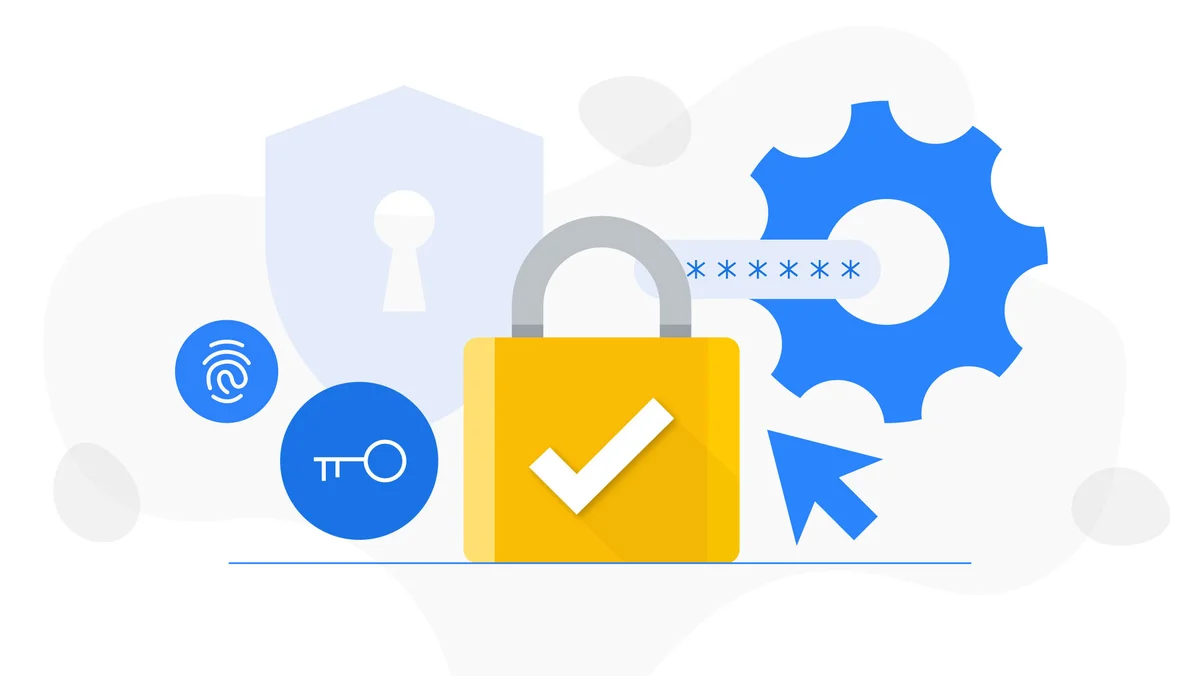Blitz News Digest
Stay updated with the latest trends and insights.
Phishing for Trouble: Don't Take the Bait
Uncover the deceptive world of phishing! Learn how to spot scams and protect yourself from digital traps. Don't fall for the bait!
Understanding Phishing: Common Tactics and How to Spot Them
Phishing is a form of cyber attack that typically involves tricking individuals into providing sensitive information, such as usernames, passwords, or financial details. Common tactics include sending emails that appear to be from a legitimate source, such as a bank or popular service provider, urging the recipient to click on a link or open an attachment. These emails often contain urgent messages designed to create a sense of fear or curiosity, prompting immediate action. Understanding the signs of a phishing attempt can help you avoid becoming a victim of these malicious schemes.
To effectively spot phishing attempts, be vigilant about the following warning signs:
- Unusual Sender Addresses: Always check the sender's email address. Phishing emails often come from slightly altered addresses that mimic legitimate ones.
- Generic Greetings: Be wary of emails that address you with a generic greeting like 'Dear Customer' instead of using your name.
- Links and Attachments: Hover over links to view the actual URL before clicking. If it seems suspicious or doesn't match the organization’s website, do not proceed.
- Spelling and Grammar Errors: Legitimate companies typically proofread their communications. Frequent errors can be a red flag.

What to Do If You've Fallen for a Phishing Scam
If you've fallen for a phishing scam, the first step is to remain calm and take immediate action. Start by changing the passwords for any affected accounts, especially if you provided sensitive information such as your email, banking details, or social media logins. Consider enabling two-factor authentication for added security. Next, monitor your accounts for any unauthorized transactions or activity, and report any suspicious findings to your bank or service provider.
In addition to securing your accounts, it is essential to inform your contacts about the potential breach. Phishing scams often involve fake emails or messages that may also target your friends and family. Educate them on the signs of phishing and advise them to be cautious. Lastly, report the phishing scam to relevant authorities such as the Federal Trade Commission (FTC) or your local cybersecurity center. Taking these steps can help mitigate the damage and protect others from falling victim to similar scams.
The Rise of Phishing Attacks: How to Protect Yourself Online
The rise of phishing attacks has become a significant concern in our increasingly digital world. As more people rely on online transactions and communications, cybercriminals have evolved their tactics, employing sophisticated techniques to deceive unsuspecting victims. Phishing not only targets personal information but can also lead to identity theft and financial loss. Understanding the warning signs, such as unexpected emails or messages requesting personal information, is the first step in safeguarding yourself against these malicious attempts.
To protect yourself online, consider implementing the following strategies:
- Use strong, unique passwords for each of your accounts.
- Enable two-factor authentication wherever possible.
- Be cautious of unsolicited communication, especially those that urge immediate action.
- Regularly update your software to patch vulnerabilities.